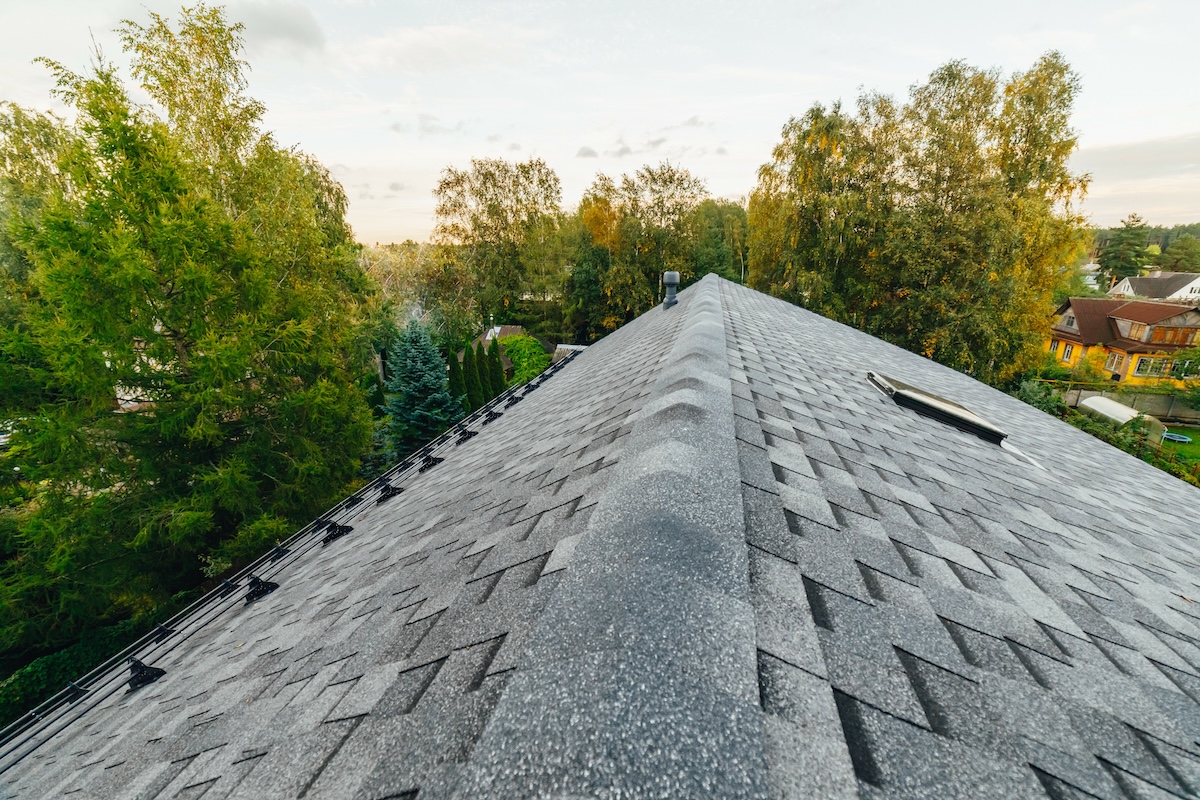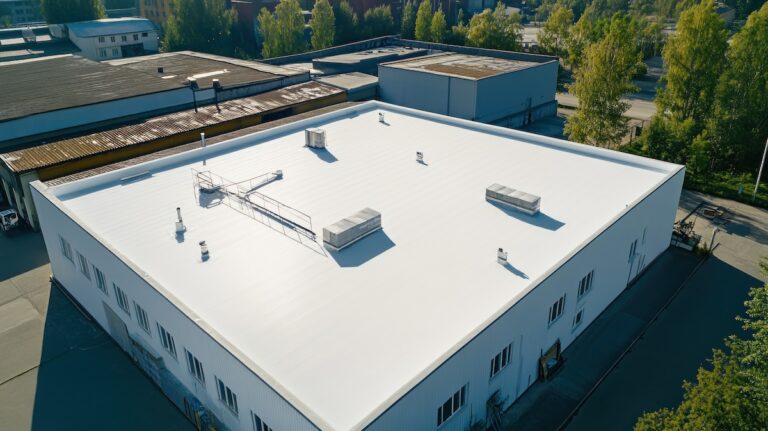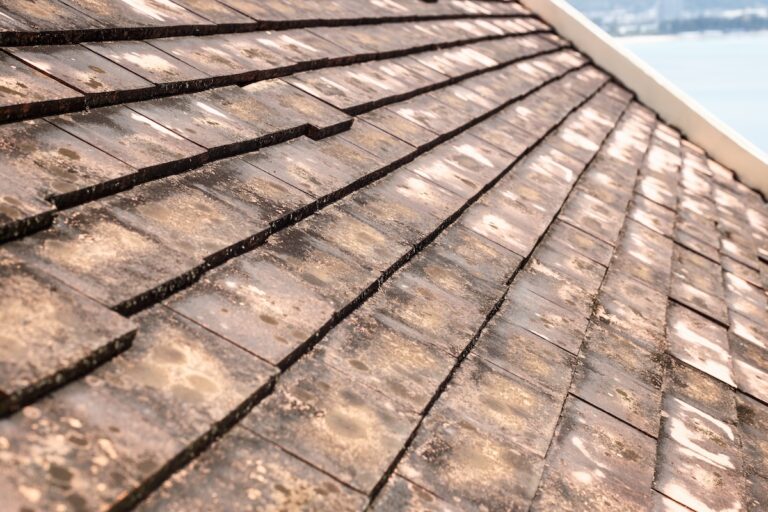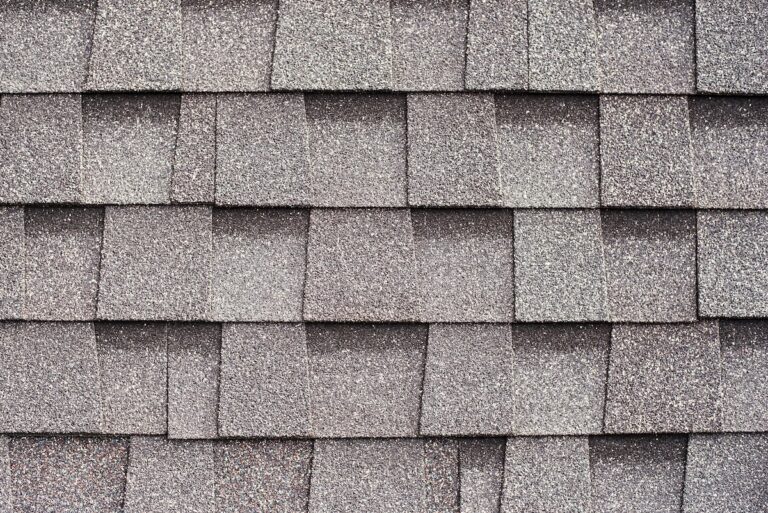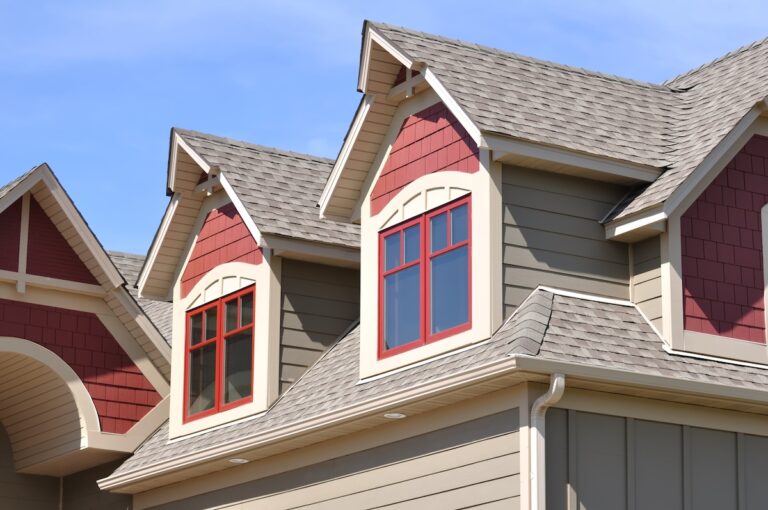If you’ve been wondering how often should you replace your roof, the answer depends on several key factors such as material type, climate, and maintenance history. While every roof has a lifespan, knowing the signs of aging helps homeowners prepare before leaks or damage become costly issues.
- Material lifespan: Different roofing materials last anywhere from 15 to over 50 years.
- Weather conditions: Heavy storms, snow, and high winds can shorten your roof’s durability.
- Maintenance habits: Regular inspections and repairs help extend your roof’s useful life.
Why Roof Replacement Timing Matters
Replacing your roof at the right time prevents water damage, insulation issues, and structural problems. Homeowners in Blue Bell and surrounding areas often face changing weather conditions, making timely replacement critical to protect both comfort and property value. Understanding the lifespan of your roof helps you avoid unnecessary expenses while ensuring peace of mind.
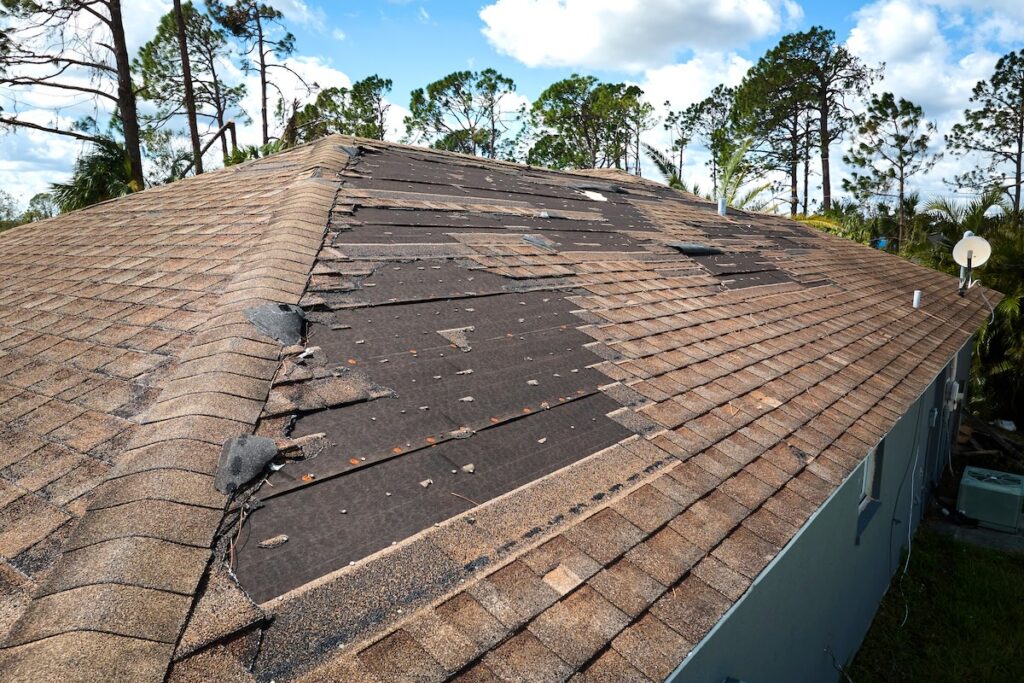
Average Lifespan by Roofing Material
The material used on your home has the greatest impact on when replacement is necessary. Choosing wisely not only affects longevity but also determines how often you’ll need to budget for major roofing projects.
Asphalt Shingles
Asphalt shingles are the most common roofing material, lasting 15–30 years depending on quality. Standard 3-tab shingles wear out more quickly, while architectural shingles tend to provide a longer service life. Regular inspections and timely repairs can help stretch their lifespan closer to the upper range.
Metal Roofing
Metal roofs often last 40–70 years. They are durable against harsh weather and require less frequent replacement, though occasional maintenance is still needed to address fasteners, coatings, or flashing. Many homeowners choose metal because of its energy efficiency and ability to withstand storms without significant damage.
Tile Roofing
Clay and concrete tiles can last 50 years or longer. While the tiles themselves are durable, underlayment may need replacement sooner, typically around 25–30 years. Proper installation and upkeep are essential, since cracked tiles or shifting pieces can expose the roof to water damage over time.
Slate Roofing
Natural slate is one of the longest-lasting roofing materials, often exceeding 75 years with proper care. It is highly resistant to weather, but installation quality plays a big role in its longevity. Although the upfront cost is higher, slate provides unmatched durability, making it a long-term investment for homeowners.
5 Key Factors That Affect Roof Replacement Timing
Several conditions influence how long your roof will last before replacement is necessary.
- Climate exposure: Harsh winters, heavy rains, or frequent storms can shorten roof life.
- Roof ventilation: Proper airflow reduces heat and moisture buildup, protecting materials.
- Installation quality: Poor workmanship can cut decades off a roof’s potential lifespan.
- Roof slope: Low-slope roofs may wear out faster due to pooling water.
- Maintenance frequency: Regular inspections catch small problems before they grow.
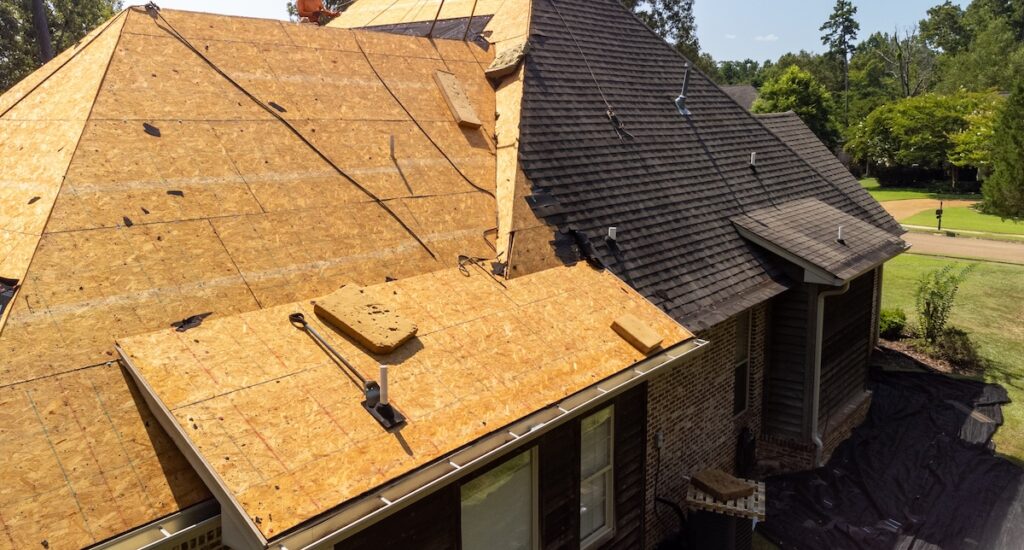
Signs It’s Time to Replace Your Roof
Even if your roof hasn’t reached its average lifespan, there are warning signs you shouldn’t ignore. Catching these early can help prevent expensive water damage or even structural problems that threaten your home’s safety.
Frequent Leaks
Leaks in multiple areas often indicate that patch repairs are no longer effective. Water intrusion can damage ceilings, walls, and insulation if left unresolved, and over time it may also encourage mold growth and wood rot.
Shingle Damage
Missing, curling, or cracked shingles suggest your roof is near the end of its lifespan. Damaged shingles leave the underlayment vulnerable to water, which can eventually spread damage to the interior of your home if not addressed.
Granule Loss
If you notice excessive granules in your gutters, your asphalt shingles are breaking down. This protective layer shields your shingles from the sun, so heavy granule loss accelerates aging and often signals it’s time for a replacement.
Sagging Roof Deck
A sagging roof is a serious issue that may indicate structural damage. In this case, immediate replacement is required to ensure safety and to prevent the problem from spreading to other parts of your home’s framework.
6 Factors to Consider Before Replacing Your Roof
When it comes to deciding whether it’s time for a new roof, weigh these important factors:
- Age of the roof: Compare your roof’s age against the typical lifespan of its material.
- Extent of damage: Minor repairs may be enough, but widespread issues often require replacement.
- Energy efficiency: Older roofs may not provide proper insulation, raising utility bills.
- Home value: A new roof increases curb appeal and resale potential.
- Storm history: Homes exposed to multiple severe weather events may need earlier replacement.
- Future plans: If you plan to stay in your home long-term, a full replacement may be more cost-effective than repeated repairs.
When to Call a Professional Roofer
While homeowners can watch for signs of roof deterioration, only a professional roofer can provide a full assessment. An expert inspection includes checking for hidden leaks, evaluating flashing, and measuring the overall health of the system. For homeowners in Blue Bell, hiring a trusted roofing company ensures accurate recommendations tailored to local conditions.
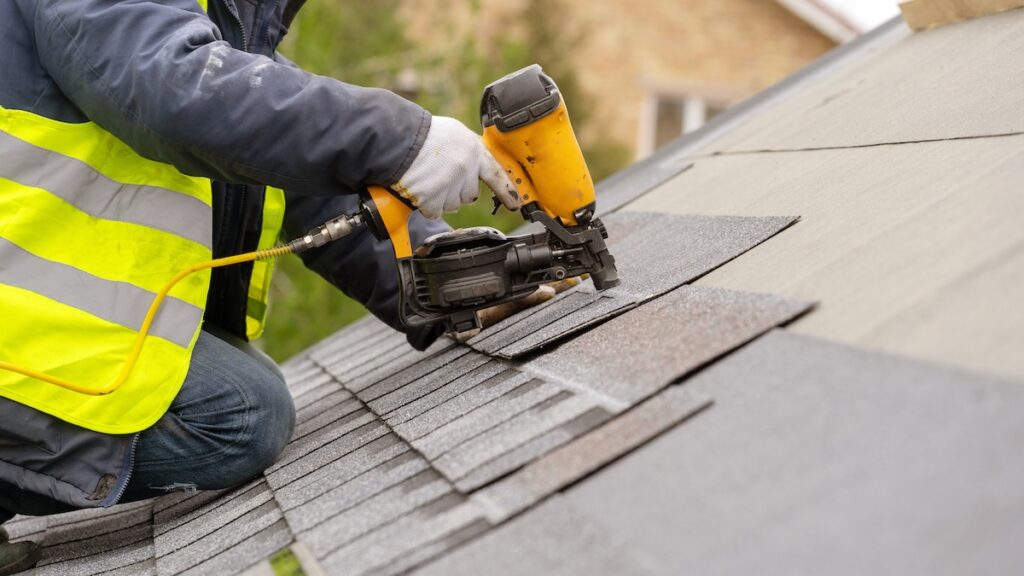
Roof Maintenance Tips to Extend Lifespan
Regular care helps you get the most out of your roof investment.
- Schedule inspections: Have your roof checked twice a year and after major storms.
- Clean gutters: Keeping gutters clear prevents water from backing up onto shingles.
- Trim trees: Overhanging branches can damage roofing during high winds.
- Repair promptly: Fixing minor leaks or missing shingles prevents bigger problems.
Your Roof’s Lifespan, Backed by G. Cannon Expertise
Knowing how often you should replace your roof depends on material type, weather conditions, and overall maintenance. By watching for warning signs and scheduling professional inspections, homeowners in Blue Bell and surrounding areas can make smart decisions to protect their property.
G. Cannon is the #1 choice for roof replacements and repairs, offering expert service that keeps your home safe and secure. If you suspect your roof is nearing the end of its lifespan, contact us today for a free estimate and see why local homeowners trust us for lasting solutions.
